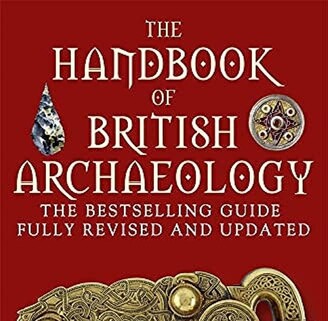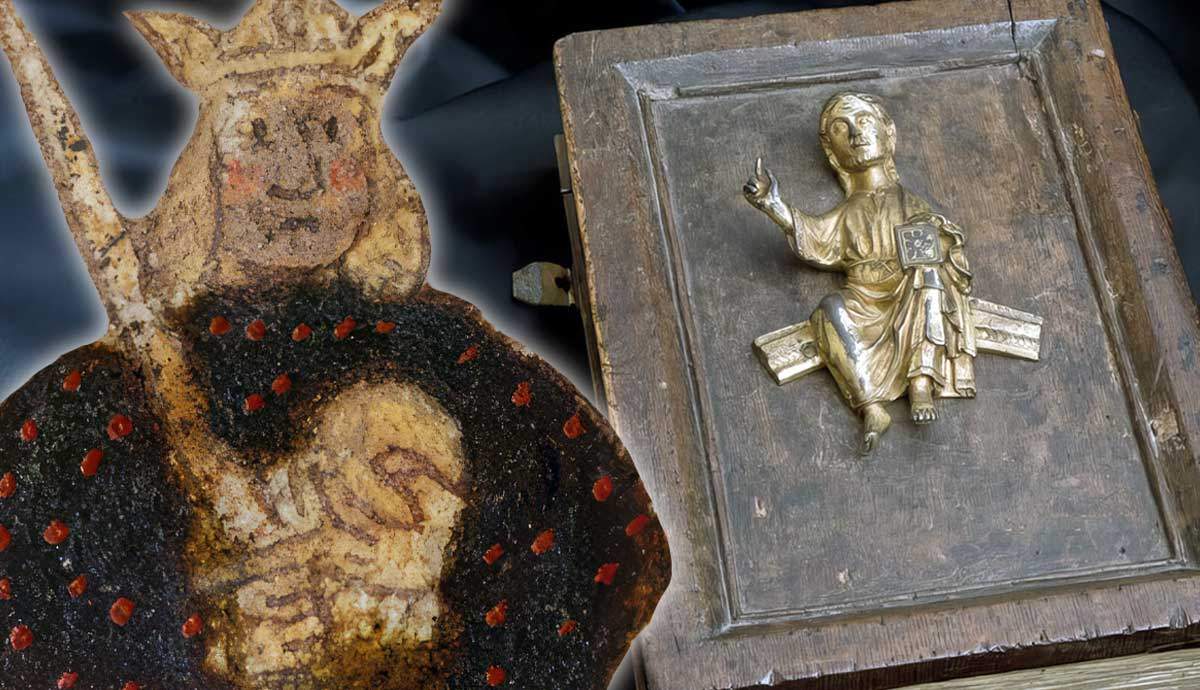Early Dark Age Britain is notorious for being poorly recorded. Most of our information about the era comes from much later records, written centuries after the events they allegedly describe. There is endless debate from scholars, based on the literary evidence, surrounding the historicity of the kings of Britain of this era. However, there are a few cases where we do not need to rely on the later medieval records to know whether a given king really existed or not. There are about 200 stone inscriptions from Dark Age Britain. These inscriptions provide us with contemporary or near-contemporary insights into the kings of Britain at that time.
- Nudd Hael
- Conomor
- King Ithel
“Dark Ages” is a really outdated term, we should be using “early middle ages”.
The whole “dark ages” thing got started with one guy in the 1400s who thought no great literature was written in the last 900 years…
In real life education was very important during that time, and people were traveling the globe to exchange idea and open universities thousands of miles from where they were born.
Who was the guy who invented the term in the 1400s?
https://en.m.wikipedia.org/wiki/Petrarch
But I hope you googled it instead of waiting 12 hours for me to respond…
I was off when I said 1400s, it was 14th century. But pretty good off memory
Is this why they’re not sure if Arthur was a real king? Interesting that there are dead Kings in England we aren’t aware of. I always figured if Arthur was real, he was from the time soon after Romans abandoned Britain, since they were great record keepers.
Just had a quick skim and it looks like two of the three were kings of bits of wales. The third was apparently king of Brittany (which is in France), and presumably had some holdings in England as well. All three predate the idea of a single unified kingdom of England by at least a hundred or so years tho, so any monarchs from this period would have ruled over smaller kingdoms that would now constitute parts of the modern UK.
Basically yes. Mentions of an ‘Arthur’ are scarce before Geoffrey of Monmouth’s (heavily fictionalised) 12th century account of him, and most depictions of him as the Britthonic warlord defending against the invading Saxons seem to be based upon Ambrosius Aurelianus. Couple that with zero archaeological evidence for him at his claimed birthplace of Tintagel and you can see how many are sceptical.



